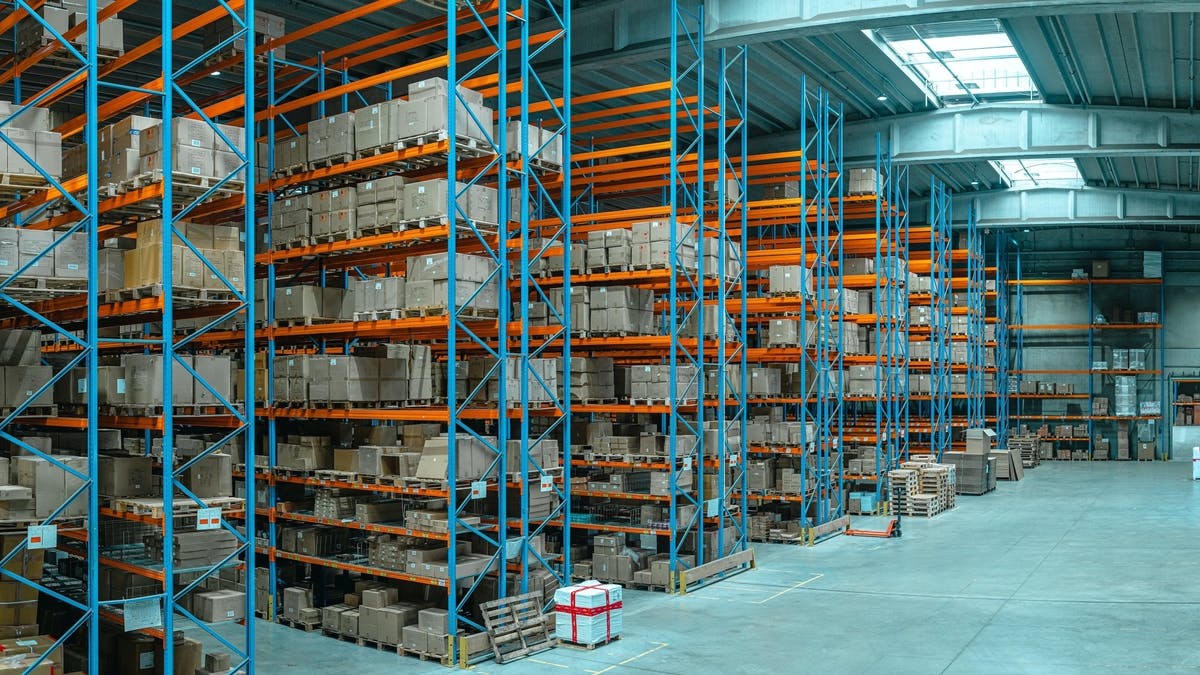Blockchain, IoT, and artificial intelligence (AI) are key technologies driving the next wave of digital transformation. Many experts believe that these technologies will converge and create new business models.
A new report finds that emerging technologies and digital infrastructures like NFTs, smart sensors, drones, autonomous vehicles, and AI forecasting would mitigate the supply chain vulnerabilities highlighted during the pandemic.
The report —Towards just and resilient supply chains for the digital CBD — aims to provide a deeper understanding of the issues and challenges supply chains faced during the pandemic, as well as explain how emerging technologies and other digital infrastructures can be used to build secure digital supply networks in the future.
According to the report, automated or driverless technologies such as autonomous vehicles, robotics, and drones have revolutionised supply chains worldwide. Victoria could develop policies and shared infrastructure, put incentives to trial the technology within Melbourne, and position the city as a global leader in “autonomous last-mile delivery.”
The report further states that blockchain technology “has many benefits and can create more efficient, effective, and resilient supply chains when combined with other emerging technologies.”
It suggests that the Victorian Government establish a blockchain-based supply chain pilot, citing the construction industry as a “great example” of an industry that would benefit from such a pilot.
“Melbourne needs resilient supply chains that respond to shocks and threats to adapt to changing conditions. The city can be a testbed for autonomous vehicles and develop a blockchain pilot,” she added.
The report states that Supply chain vulnerabilities encountered during the COVID-19 pandemic can be divided into four areas:
- Workforce
- Transportation
- Information
- Security
Vulnerabilities caused some of the major supply chain issues businesses encountered in these areas. Inconsistent and abrupt workforce drops; a lack of shipping containers and freight space in global supply chains; insufficient knowledge and control over the entire supply chain network; and security breaches and attacks in cyber supply chains were among the issues.
Automating systems a win for your customers and your employees
As Marcus McNamara, Head of APAC, Sana Commerce, writes, “The risk is that a buyer who is not aware of a change might place a regular order expecting the product to be on their doorstep the next day only to find out after placing the order that there’s a problem. It will almost certainly impact their loyalty.”
“On the other hand, involving sales in current challenges, giving them access to real-time data and encouraging them to be proactive in communicating with buyers will only strengthen and cement existing relationships.
“Manual processes or data entry, dealing with account-related inquiries like missing invoices or chasing up a refund or return – all of that needs to be taken out of sales’ hands, and preferably offered online in a self-serve capability. The best way to do that is to automate the ordering process with e-commerce so that sales can focus on growing their relationships, thereby keeping the business people-focused and profitable.”
Cyber-Resilience for Small Business
Other solutions suggested in the report include using Non-Fungible Tokens as a digital twin to mitigate fraud, theft, and loss; and standardising supply chain cyber security requirements to support cyber resilience and mitigate risks when implementing emerging technologies.
According to Associate Professor Chris Berg, Co-Director of the RMIT Blockchain Innovation Hub, the report highlights how new technologies such as blockchain and artificial intelligence can facilitate innovation in supply chains, resulting in greater resilience and adaptability.
“At first glance, a single city might be a strange framework to think about supply chains when we associate supply chains with large scale global networks rather than the urban and suburban environments,” he said.
“But as this report shows, the city is shaped by supply chains both large and small. As economic activity shifts, as it did during the pandemic, so too supply chains are restructured around the new demands and environments.”
The first three reports are now available for download.
More information: https://www.rmit.edu.au/digitalcbd
Keep up to date with our stories on LinkedIn, Twitter, Facebook and Instagram.

